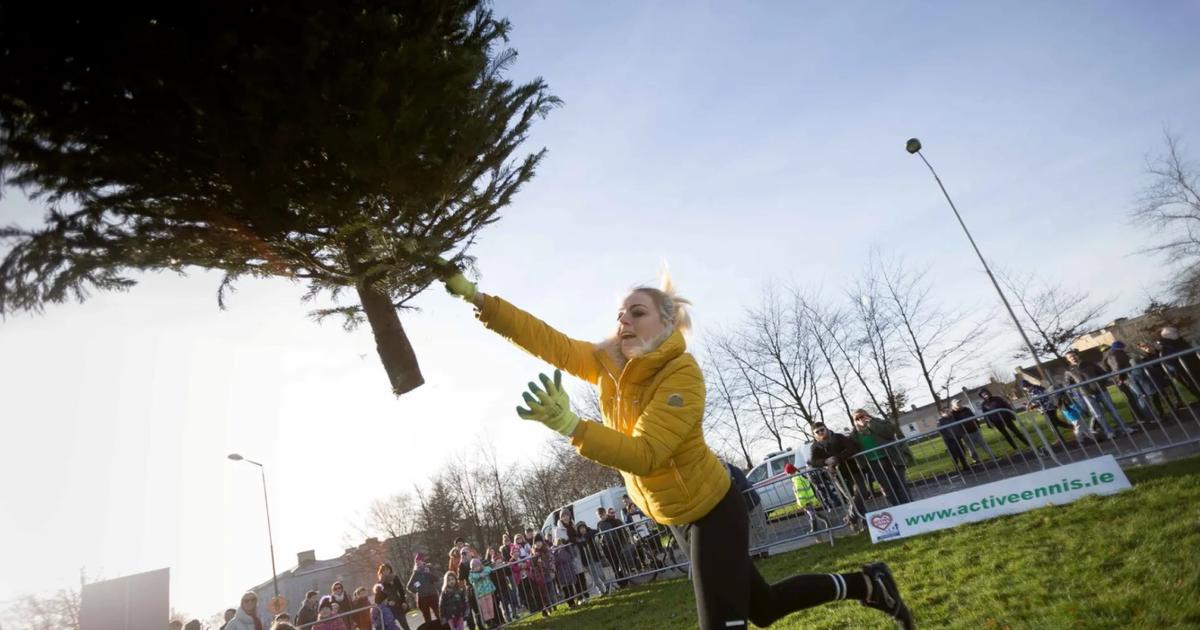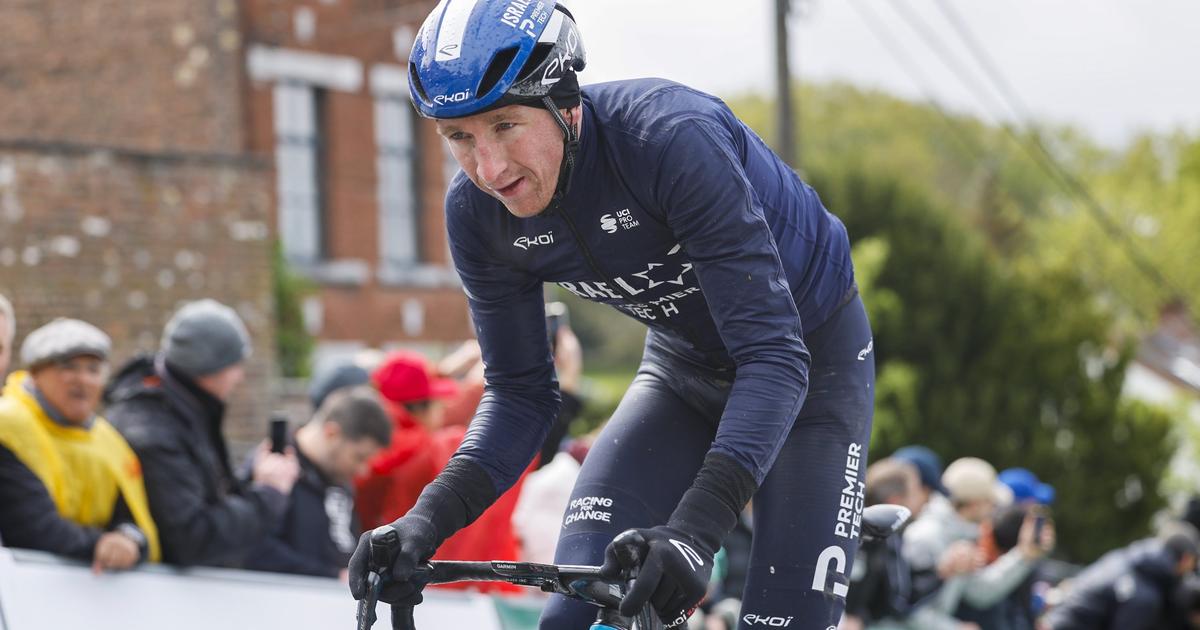Enlarge image
Russian figure skater Kamila Valiyeva at the 2022 Winter Olympics in Beijing: a tragic figure
Photo: Peter Kneffel / dpa
It's been almost a year since the Beijing Winter Olympics - and yet the events surrounding Russian figure skater Kamila Valiyeva are still occupying the sports world.
Traces of a banned substance were found in the blood of the now 16-year-old, and a tearful drama developed before the eyes of the world public.
Now the Russian anti-doping agency Rusada has acquitted the athlete – much to the dismay of the World Anti-Doping Agency Wada.
The most important questions and answers on the Valiyeva case.
What happened in Beijing?
The then 15-year-old Russian figure skater Kamila Valiyeva traveled to China as a great gold hope for her country.
She should become one of the faces of these games, an exceptional athlete who enchants the spectators in front of the TV sets.
In fact, Valiyeva got off to an impressive start.
In the team competition, she unpacked quadruple jumps, as the first woman in Olympic history.
She led the Russian team, which was only allowed to compete as the Russian Olympic Committee because of organized Russian state doping, to the gold medal on February 8th.
Then the bomb burst: Traces of the banned heart drug trimetazidine were found in a blood sample taken from Valiyeva before the Olympic Games.
To date, the result of the team event is not official, no medals have been awarded.
And then?
The figure skater was banned, but Rusada lifted the ban on the grounds that Valiyeva, as a minor, needed special protection.
The International Court of Arbitration for Sports allowed Valiyeva to take part in the individual decision despite the doping offense.
In the event that the Russian wins, there should be no award ceremony.
Valiewa was considered the big favorite for the gold medal - and failed dramatically in the course of the competition.
Under public pressure, she fell several times, burst into tears and was even scolded for it by her controversial coach Eteri Tutberidze.
The pictures of the crying teenager and the cold-hearted trainer went around the world.
How did the substance get into Valiyeva's blood?
To this day, no one can explain that, the Russian association asserts.
In the run-up to the games, Valiyeva indicated the use of the permitted substances hypoxene and L-carnitine on the registration form before a doping control.
But that doesn't explain the traces of the banned drug trimetazidine in her blood.
This is often used to treat angina - a type of chest pain characterized by reduced blood flow to the heart.
Trimetazidine has been banned as a stimulant by Wada since 2014 because, among other things, it can increase endurance.
How did the acquittal come about?
The Russians promised quick clarification after the Olympic Games, but dragged out the proceedings for months.
That's why the case has been with the Cas since November.
Now the Rusada got underway and ruled that the evidence of the banned substance was indisputable.
Nevertheless, "no fault or negligence" of the figure skater can be determined.
So Valiyeva did not knowingly dope.
sanctions?
none.
Only the Russian championship title of December 25, 2021, the day of the positive doping test, was withdrawn from Valiyeva.
How is the World Anti-Doping Agency reacting?
With incomprehension.
She requested the full verdict, but also expressed "concern."
An objection before the Cas against the acquittal seems likely.
Wada is demanding a four-year ban for Valiyeva, "including the loss of medals, points and prizes." That would also affect Beijing's team gold.
What remains open?
It is still unclear how the drug got into the young athlete's body.
Russia operated large-scale state doping, so it was only allowed to compete under a neutral flag in Beijing.
The Russians vowed to get better, but Valiyeva's case seemed to confirm fears that the doping machine is still running.
In this case even on the backs of children.
Further clarification will be difficult.
The Russians delay the proceedings.
In addition, Russia has largely disappeared from the international sports scene since the start of the Russian war of aggression against Ukraine.
There is at least one innovation to protect children in figure skating: from 2024, ice skating professionals must be at least 17 years old to compete in international competitions.
With material from the agencies dpa and SID.





/cloudfront-eu-central-1.images.arcpublishing.com/prisa/XRJ5S7YZJBH7DHXLTF7UYFTVBY.jpg)








